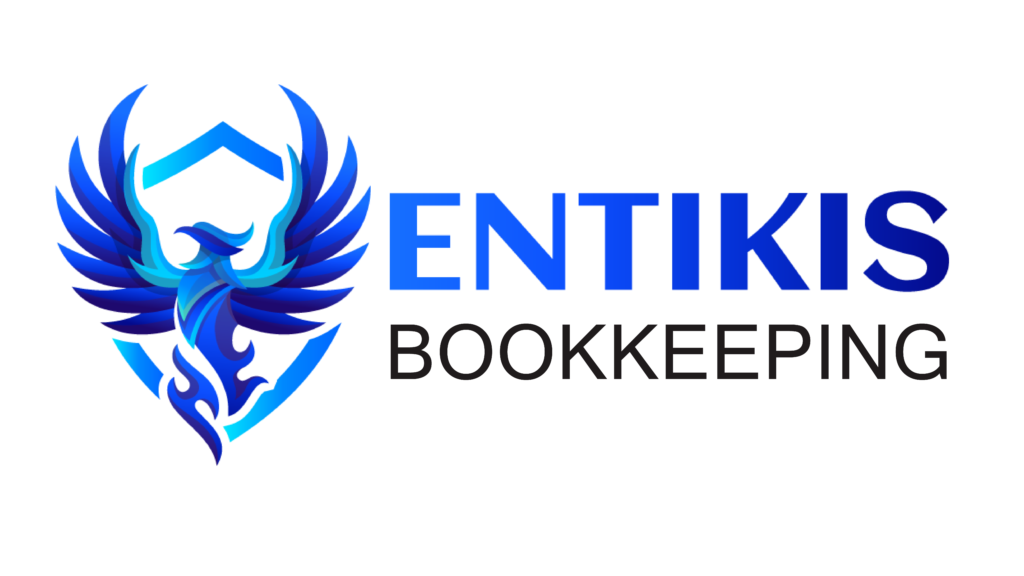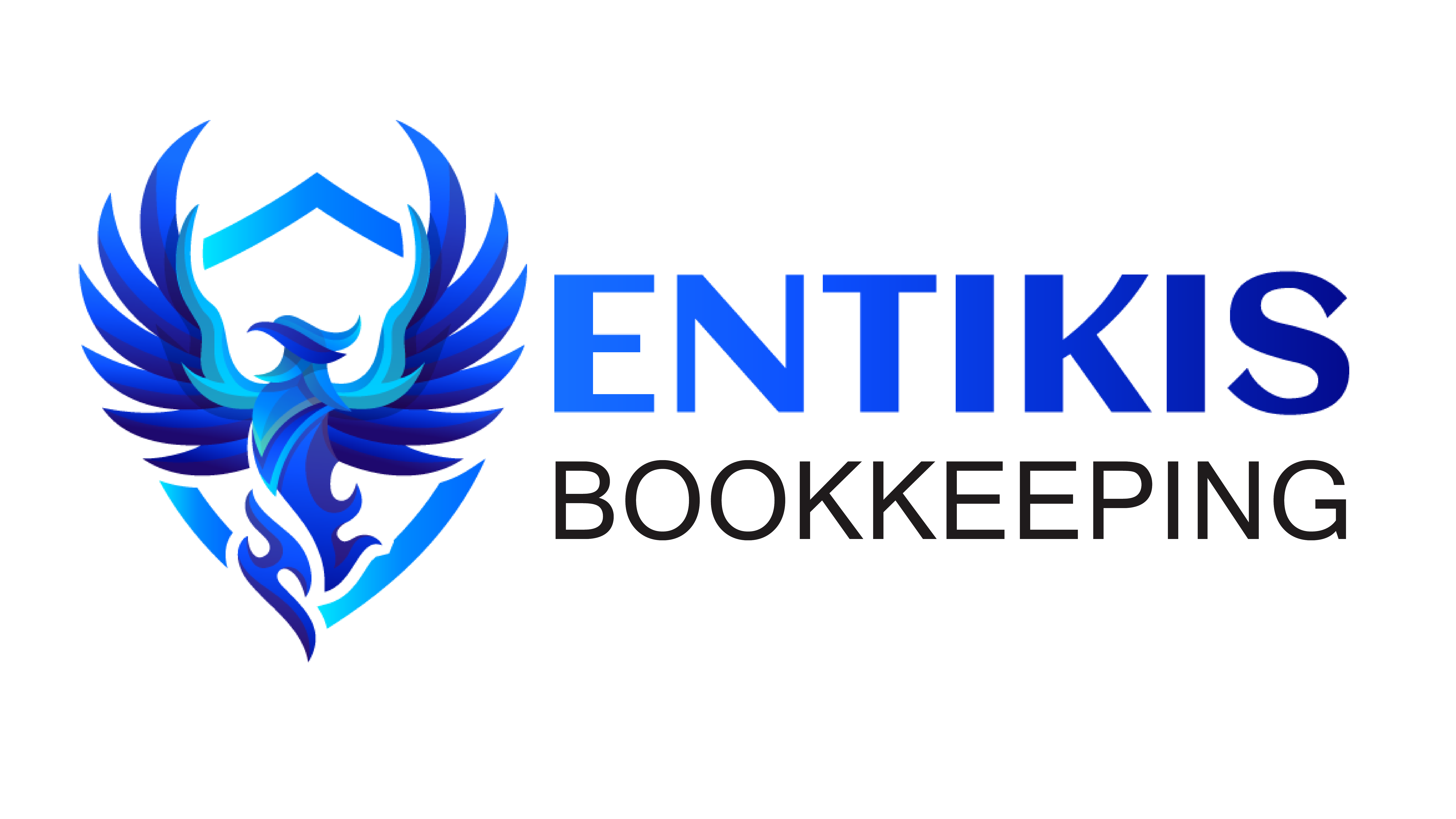In the realm of small business management or personal finance, maintaining accurate records of your income and expenses is crucial. However, for many, the thought of bookkeeping can be daunting. Fear not! With the right tools and knowledge, you can streamline this process and keep your financial house in order. In this post, we’ll delve into some practical do-it-yourself (DIY) bookkeeping tips that will empower you to manage your finances like a seasoned professional.
DIY Bookkeeping
Selecting the appropriate software is fundamental to achieving efficient and accurate DIY bookkeeping practices. The choice of software can profoundly influence the effectiveness of your bookkeeping endeavors, ensuring that your financial records are meticulously maintained and easily accessible. In this digital age, where DIY bookkeeping is increasingly common among small businesses and individuals alike, having the right software can make all the difference in simplifying tasks and ensuring compliance with financial regulations.
When embarking on the journey of DIY bookkeeping, the software serves as your virtual assistant, automating repetitive tasks and providing invaluable support in organizing and categorizing your financial data. With DIY bookkeeping software, tasks that once seemed daunting become manageable, allowing you to stay on top of your finances with ease. Whether you’re tracking expenses, reconciling bank statements, or generating financial reports, the right software can streamline these processes, saving you time and effort in the long run.
Moreover, DIY bookkeeping software offers a level of customization that aligns with the unique needs and preferences of each user. From customizable expense categories to personalized dashboard layouts, you have the flexibility to tailor the software to suit your specific requirements. This level of customization enhances user experience and ensures that DIY bookkeeping remains a seamless and intuitive process.
In addition to automation and customization, DIY bookkeeping software provides a centralized platform for storing and accessing your financial information. Gone are the days of sifting through piles of receipts or searching through multiple spreadsheets to find crucial data. With DIY bookkeeping software, everything you need is conveniently located in one place, accessible anytime, anywhere. Whether you’re at the office, on the go, or working from home, you can easily retrieve the information you need to make informed financial decisions.
Compliance with financial regulations is another area where DIY bookkeeping software shines. As a DIY bookkeeper, it’s essential to stay abreast of the latest tax laws and regulatory requirements to ensure compliance. Fortunately, many DIY bookkeeping software solutions come equipped with built-in compliance features, such as automatic tax calculations and tax form generation. By leveraging these features, you can rest assured that your DIY bookkeeping practices meet regulatory standards and avoid potential penalties or fines.
Furthermore, DIY bookkeeping software prioritizes data security, safeguarding your financial information against unauthorized access or cyber threats. With robust encryption protocols and secure data storage, you can trust that your sensitive data is protected at all times. This commitment to data security not only provides peace of mind but also instills confidence in the integrity of your DIY bookkeeping practices.
Ultimately, the right DIY bookkeeping software empowers you to take control of your finances with confidence and efficiency. By automating repetitive tasks, offering customization options, providing centralized access to financial data, ensuring compliance with regulations, and prioritizing data security, DIY bookkeeping software serves as a valuable ally in your financial management journey. With DIY bookkeeping software by your side, you can navigate the complexities of bookkeeping with ease, freeing up time to focus on what matters most—growing your business or achieving your financial goals.
TIP #1
Choose the right software
One of the first steps in DIY bookkeeping is selecting the right software. Fortunately, there are numerous options available, ranging from basic spreadsheets to comprehensive accounting software like QuickBooks or Xero. Consider your needs, budget, and level of expertise when making this decision.
Choosing the right software is a crucial decision when it comes to effective bookkeeping. In today’s digital age, there is a vast array of options available, ranging from simple spreadsheets to sophisticated accounting platforms. The software you choose will play a significant role in streamlining your bookkeeping processes, improving accuracy, and ultimately, helping you make informed financial decisions. Let’s delve deeper into why selecting the right software is essential and how it can contribute to effective bookkeeping.
Automation and Efficiency: Modern bookkeeping software is designed to automate many tedious and time-consuming tasks. From automatically importing bank transactions to generating financial reports with a few clicks, these tools can significantly reduce the manual workload associated with bookkeeping. By automating repetitive tasks, you can free up valuable time to focus on more strategic aspects of your business or personal finances.
Accuracy and Precision: Manual bookkeeping is prone to human error. Misplaced decimal points, transcription mistakes, and calculation errors can all lead to inaccuracies in your financial records. In contrast, bookkeeping software is programmed to perform calculations accurately and consistently, minimizing the risk of errors. With real-time data syncing and automatic updates, you can trust that your financial information is always up-to-date and accurate.
Organization and Accessibility: Effective bookkeeping relies on proper organization and accessibility of financial data. With the right software, you can create a centralized digital hub for all your financial information. From invoices and receipts to bank statements and expense reports, everything is stored securely in one place. This organization not only makes it easier to locate specific documents when needed but also enhances collaboration and communication with other stakeholders, such as accountants or business partners.
Customization and Scalability: Every business or individual has unique bookkeeping needs. The right software allows for customization to accommodate these specific requirements. Whether it’s creating custom expense categories, designing tailored financial reports, or integrating with other business tools, a flexible software solution can adapt to your evolving needs as your business grows. Scalability is also essential, ensuring that the software can handle increased transaction volumes and complexity without sacrificing performance.
Compliance and Security: Compliance with financial regulations and data security are paramount concerns for any bookkeeper. Leading bookkeeping software providers invest heavily in compliance measures and data security protocols to protect sensitive financial information. From encryption and secure data storage to regular software updates and compliance certifications, these measures provide peace of mind that your financial data is safe and secure.
Insights and Analysis: Beyond basic record-keeping, bookkeeping software offers powerful reporting and analysis tools that provide valuable insights into your financial performance. From cash flow statements and profit and loss reports to budgeting and forecasting features, these tools empower you to make data-driven decisions and optimize your financial strategy. By leveraging these insights, you can identify trends, pinpoint areas for improvement, and capitalize on opportunities for growth.
In conclusion, choosing the right software is a critical step towards effective bookkeeping. From automation and accuracy to organization and compliance, the benefits of utilizing modern bookkeeping software are numerous. By investing in the right tool for your needs, you can streamline your bookkeeping processes, gain valuable insights into your financial health, and ultimately, drive success in your business or personal finances.
If You Are Looking For Professional Bookkeeping Services, Please Contact Us At Admin@Entikis.Com And 817-415-1715 To Learn More About How Entikis Bookkeeping Can Support Your Journey To Success! Located At 640 Taylor St Suite , Fort Worth, TX, United States, Texas. We Offer Professional Bookkeeping Services For Businesses In The Burleson, Fort Worth And The Surrounding Tarrant County Metroplex.




